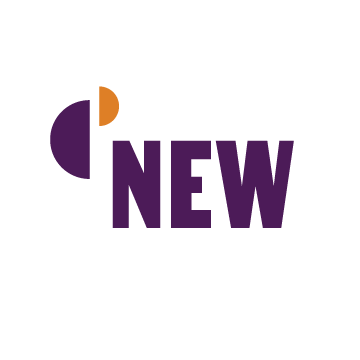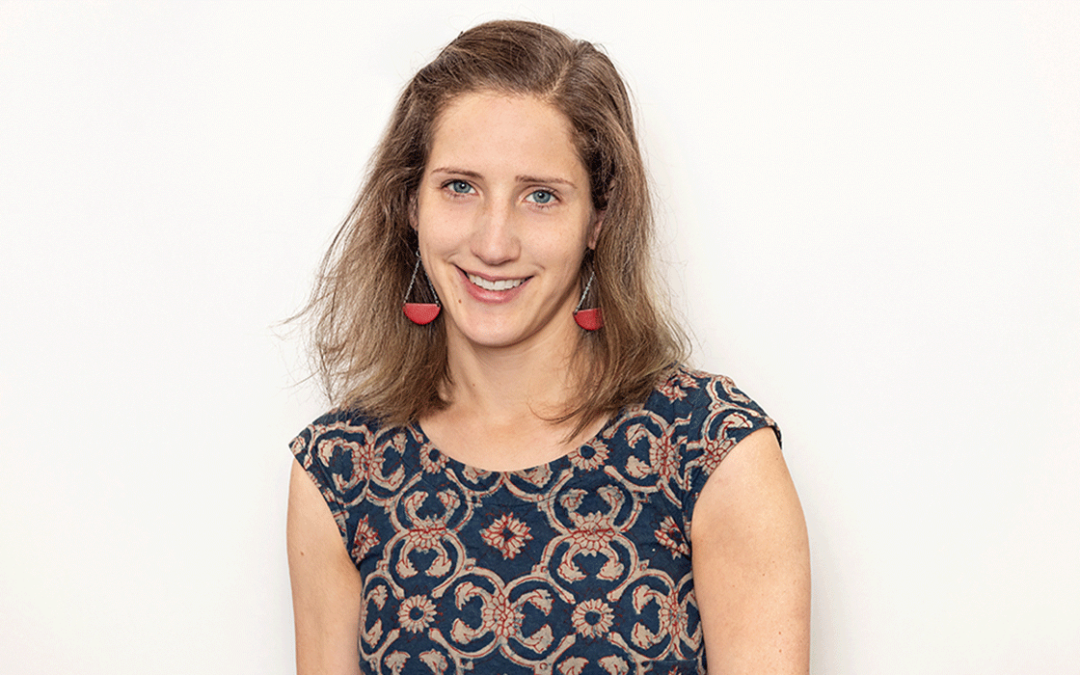We want more bodies to have less pain. The goal of reducing suffering in the bodies of fellow humans is unifying across the nonprofit sector. Whether in food security, environmental restoration, or accessible healthcare, we work for the betterment of bodies. Bodies with greater freedom, less pain, and more self-determination.
In the pursuit of healthier bodies for others, nonprofit workers often sacrifice our own. We embrace the American work culture that takes “forgot to eat lunch” as a sign of productivity. We become “too busy” to fully tap our healthcare benefits. We slip our feet into ill-fitting or pain-inducing shoes, because there’s “no time to find new ones.” We sit at our uncomfortable kitchen tables, insisting that backaches are “temporary,” and no reason to go get the office chair for “just a few more months of working from home.” We let the Western legacy of mind-body dualism guide our habits – believing that the work of the mind transcends the work of the body. (Photo source: Barbara Irving)
At NEW, we’ve been discussing mind-body dualism as a feature of white supremacy culture. This idea, that the mind is more valuable than the body, underpins our economics and history of white conquest. In recognition, we’re intentionally bringing more embodied practices into our work. Sometimes, a two-hour meeting will begin with deep breathing. Other times, a co-worker’s response to a question includes observations of their physical reaction (“As I hear that, I’m noticing a tightness in my belly…). We’ve worked to normalize bio breaks on Zoom calls. And we’ve brought our tradition of one-minute dance parties into the virtual workspace.
This isn’t just self-care or group bonding, it’s part of our strategy to increase capacity in the sector. If our bodies are in survival mode, our minds can’t think about flourishing. Working while in pain doesn’t increase our sector’s efficacy, nor does it make us more accomplished. Yet, we’re able to alleviate more suffering for others when we suffer less ourselves. Capacity-building means shifting our mindset.
Rather than seeing our bodies as obstacles and ignoring how we feel, we can practice curiosity, patience, and creativity in transforming that pain. Too often, we try to change the world by powering through or ignoring our bodies’ needs. But, what can we learn when we make time and space to honor them?
This week, a friend expressed a sense of paralysis about how to engage justice work. In response, I asked her, “How are you feeling, physically?” It wasn’t a solution, but it seems like the right place to start.
Practicing other ways,
H.W.
Hillary currently serves as our Building Coordinator, and will soon transition to our Organizational Development team.


